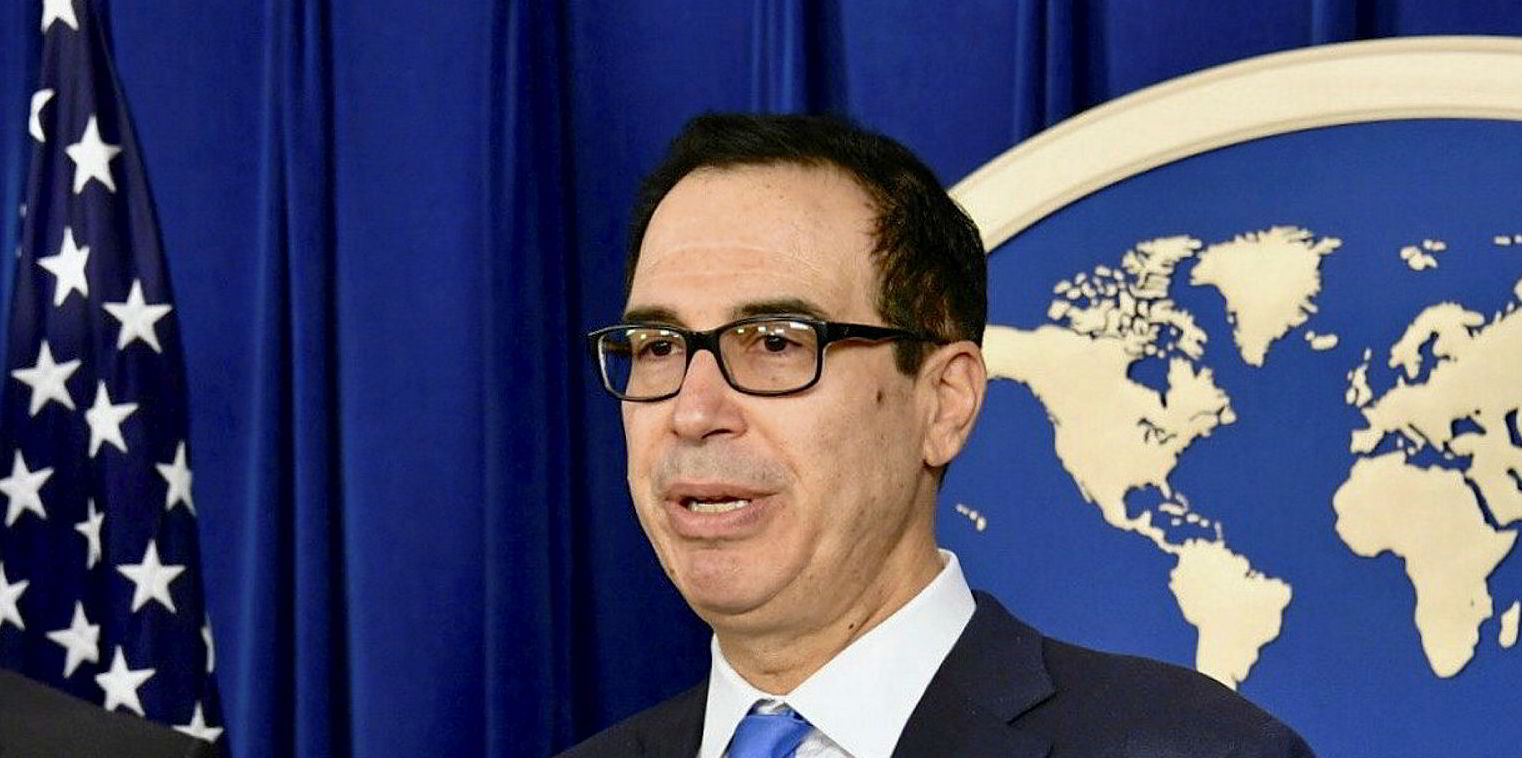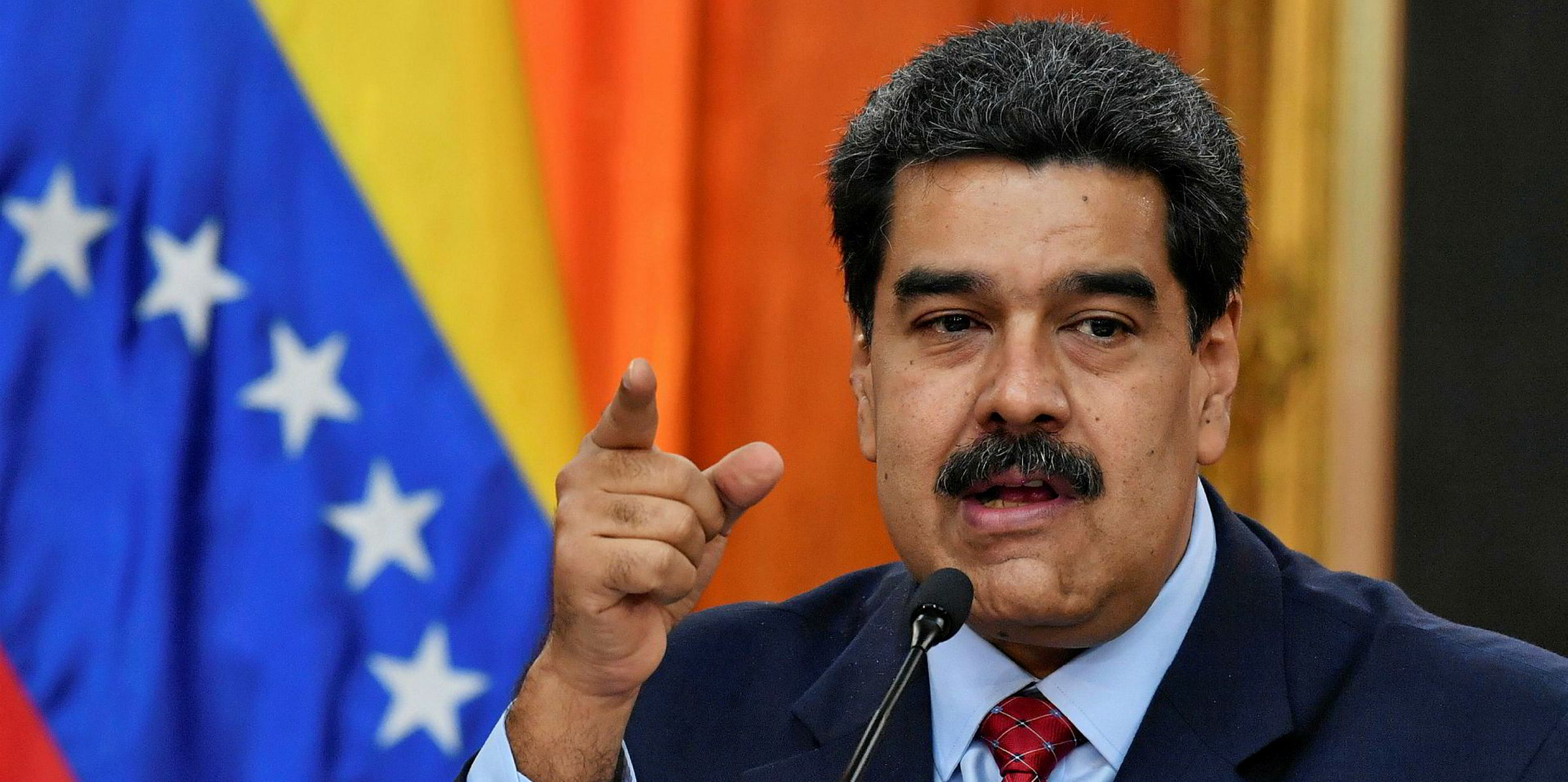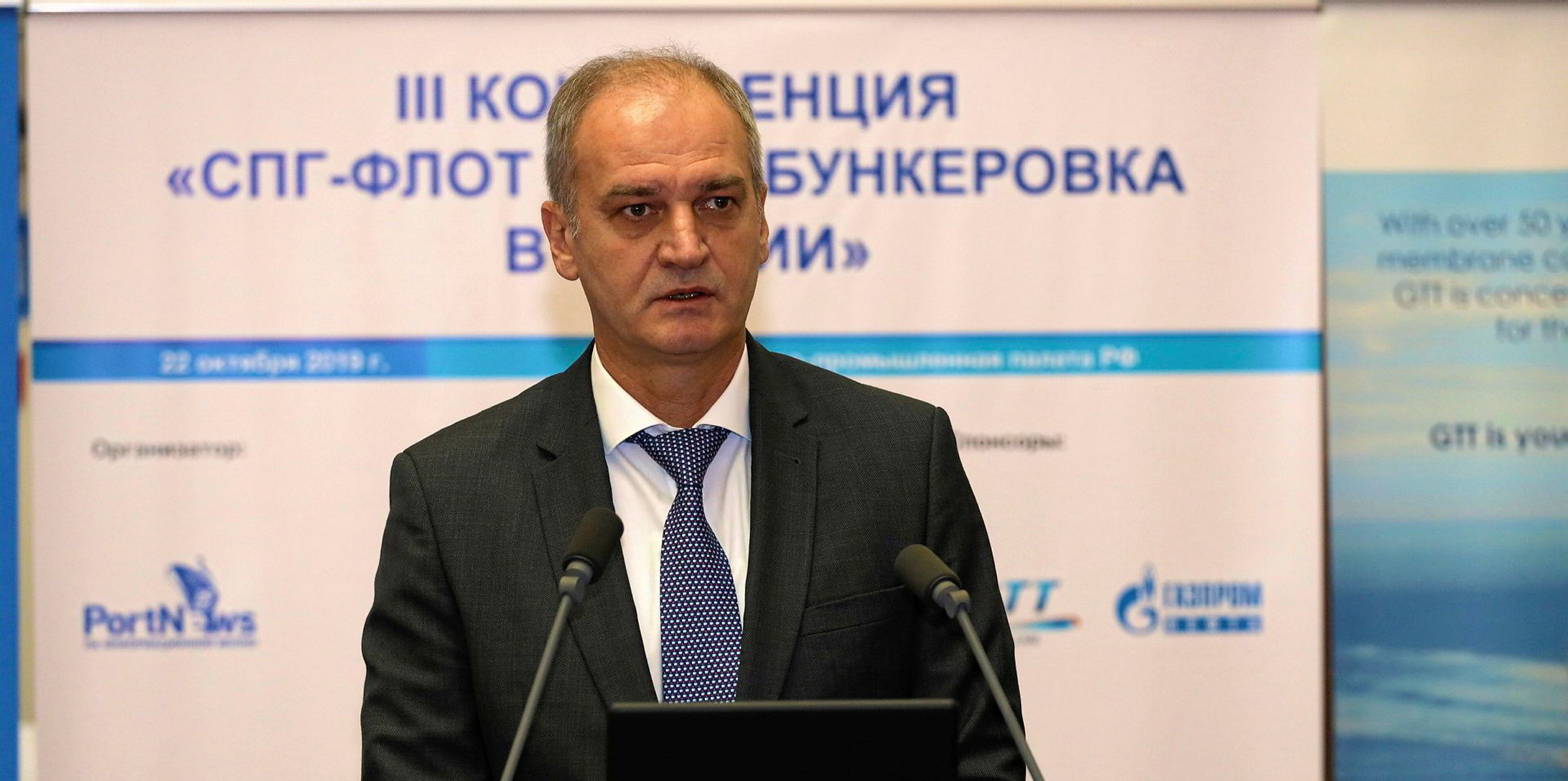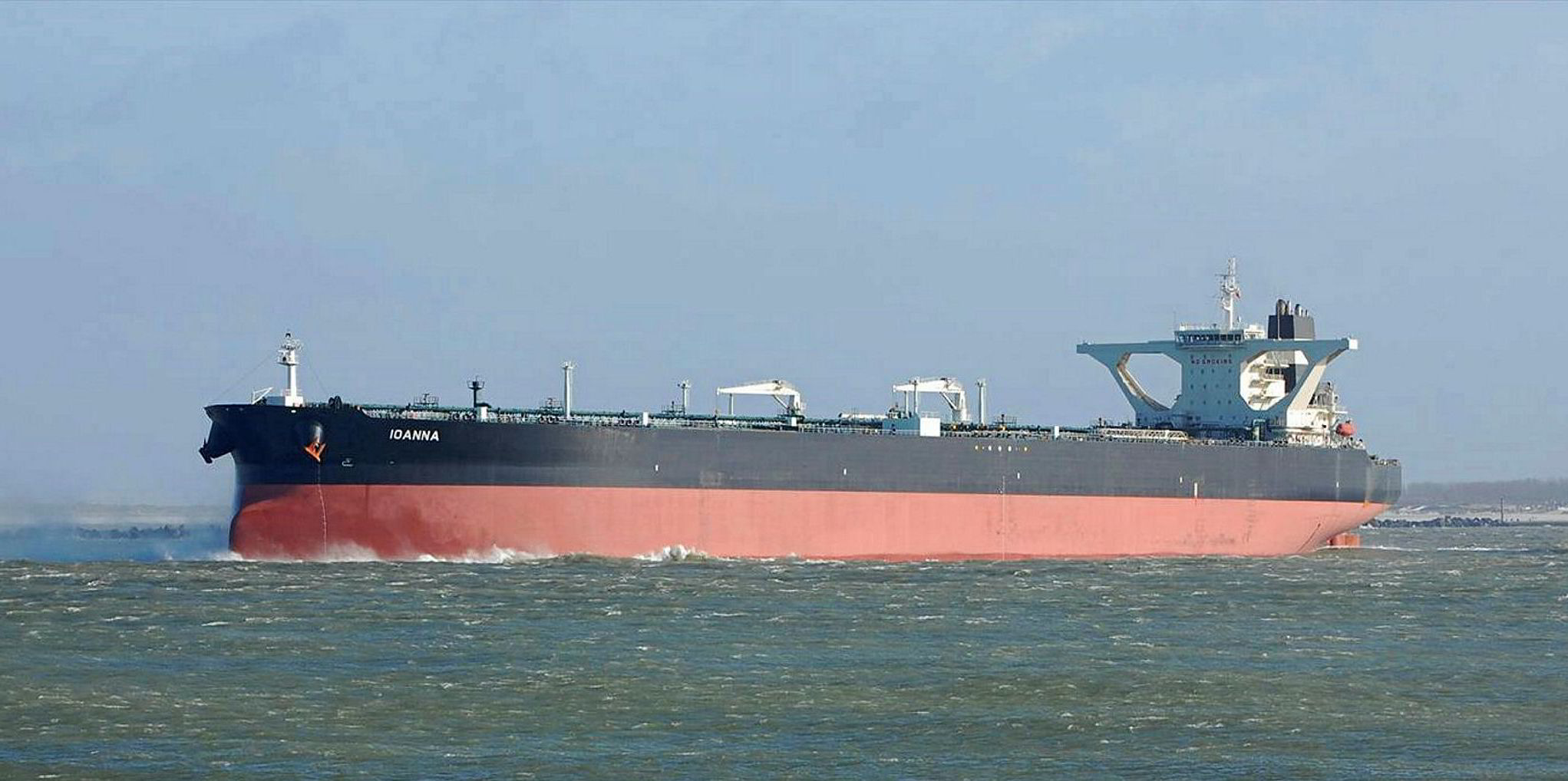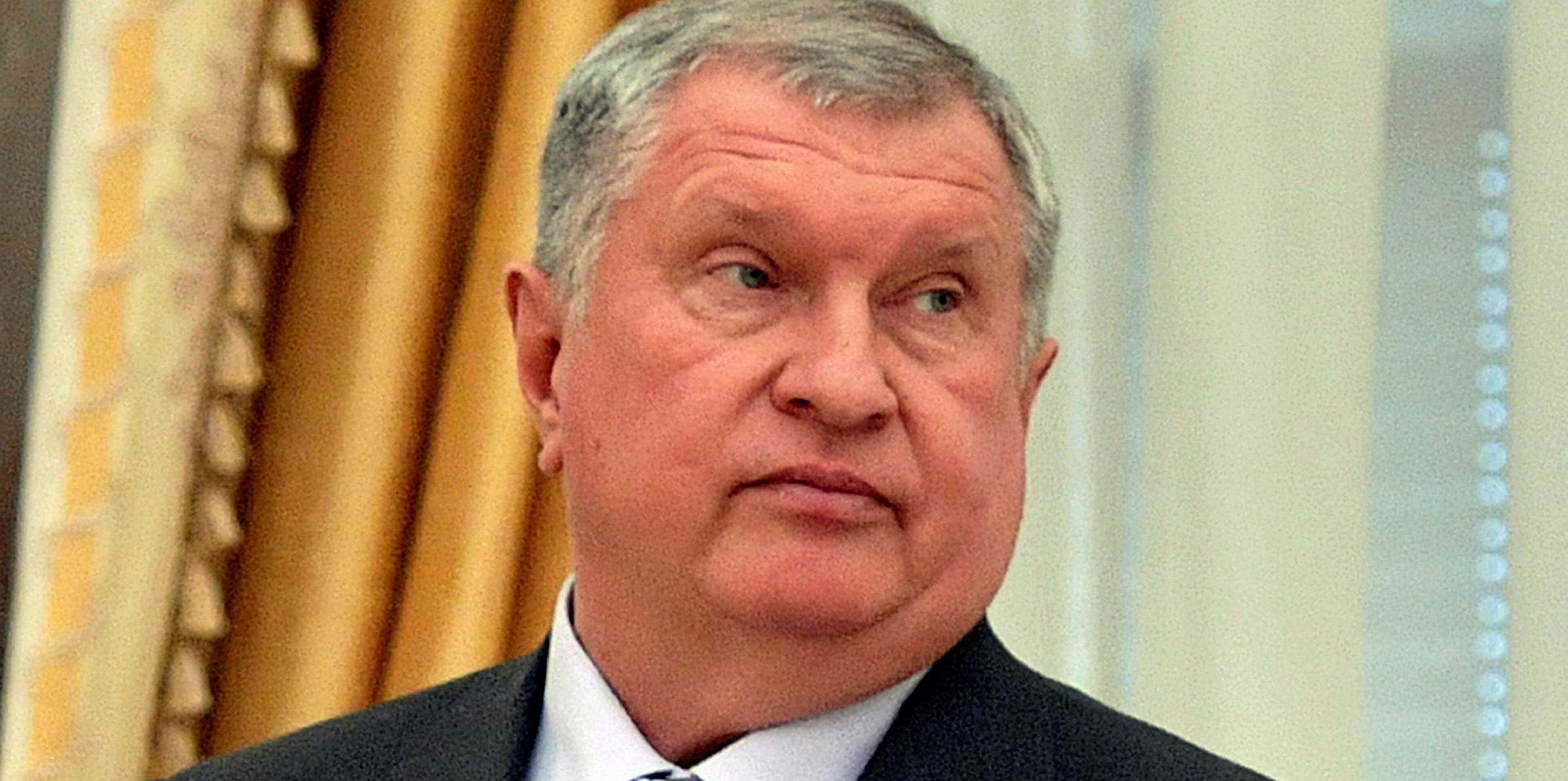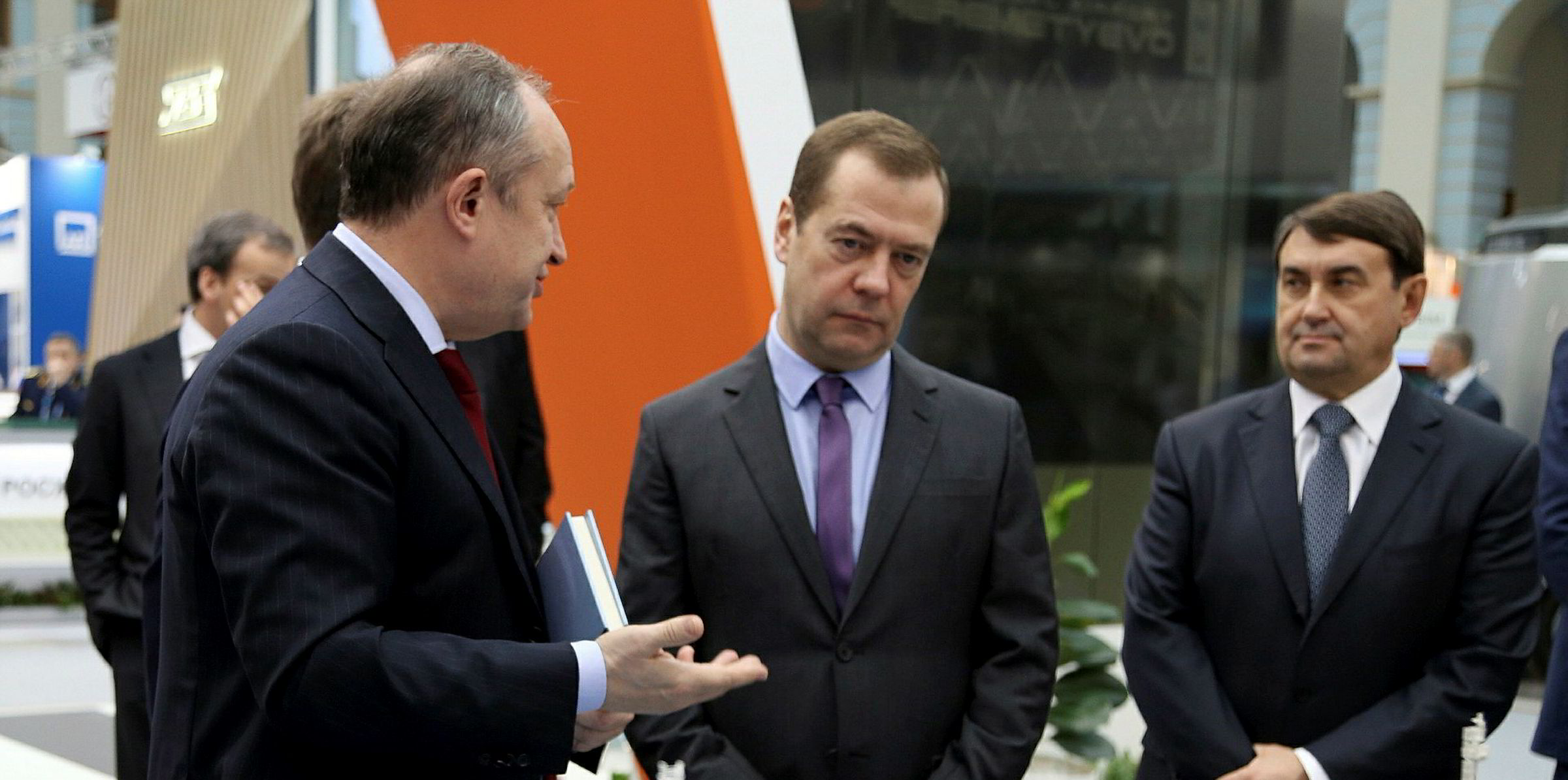Tanker players are on high alert for the possible repercussions from Washington’s sanctions on a Geneva-based trading subsidiarity of Russian oil giant Rosneft.
The psychological pressure and legal concerns as a result of the US action are not welcomed at a time when freight markets are hurt by weak oil demand in the coronavirus-hit China, according to some of them.
“We have enough issues at the moment…I don’t think this will have a positive impact,” one said.
Aside from handling Venezuelan oil exports, Rosneft Trading has been involved in many shipments of the crude and oil products produced by its parent, the largest oil producer in Russia.
“It has been arranging flows of Urals, ESPO, Sokol and CPC Blend, together with diesel and fuel oil,” IHS Markit’s liquid bulk principle analyst Fotios Katsoulas said.
The impact on shipping markets is likely to be indirect, however, as Rosneft Trading is not known to be an active tanker charterer. The company often supplies the oil market via third-party trading houses that charter ships, and sometimes the end-users of its oil would be responsible for transporting their own cargoes.
Whether those trades can continue is highly questionable, as most banks are risk averse when dealing with potentially sanctioned transactions, according to legal experts.
“The sanctions make it very difficult for any party to do any type of business with Rosneft Trading. The likely reaction is all parties all over the world will stop dealing with Rosneft Trading, at least [for] those that use western banks,” said one of them.
Law firm Holland & Knight’s partner Jonathan Epstein said: “I can guarantee 90% of the major banks won’t process the transactions.”
“I don’t think you can underestimate how aggressively banks are ‘de-risking’.”
Even if a tanker owner does not charter its ships to Rosneft Trading directly, legal issues could arise once it’s involved in a shipment deemed in violation of US sanctions, according to Epstein.
“For example, if you have an incident, the insurer may not be willing to cover,” he added.
Mitigation measures
In an attempt to oust Venezuelan president Nicolas Maduro, the US put Rosneft Trading, its subsidiaries and chairman Didier Casimiro on the sanctions list on Tuesday for shipping crude from the Opec member state. Casimiro is also in charge of the parent Rosneft’s logistics operations.
In a press statement, Rosneft described the move as “illegal, unjustified, and an act of legal abuse”, stressing that its subsidiary’s activity in Venezuela has been “repeatedly recognised by the American regulator”.
“The sanctions…are arbitrary and selective, as other international companies, including American ones, carry out similar activities in Venezuela, and the US regulator does not claim them,” Rosneft said.
Data from IHS Markit showed Rosneft was responsible for 78% of Venezuela’s crude shipments during the second half of 2019.
As the US has unveiled some mitigation measures aimed at limiting the impact of sanctions on oil markets, some analysts suggest most players outside of the Venezuelan trade could be cushioned, though.
According to the Treasury Department, companies will be allowed to wind down their businesses with Rosneft Trading by 20 May.
In addition, the US stated the sanctions are not imposed on Rosneft or other group firms, provided those affiliates are not 50% or more owned by Rosneft Trading.
“The company should be able to adapt by creating a new trading unit before the May 20 deadline,” Bloomberg Intelligence’s energy analyst Salih Yilmaz said.
With Washington not expected to target non-Venezuelan trade in the near term, Katsoulas suggested the market impact could be muted.
“Consequences will remain rather limited if companies indeed only avoid Venezuelan barrels,” Katsoulas said.
Since the US imposed sanctions on Petróleos de Venezuela in January, the country’s crude exports have mostly stayed below 1m barrels per day. Greek owners are mainly responsible for the shipments.
